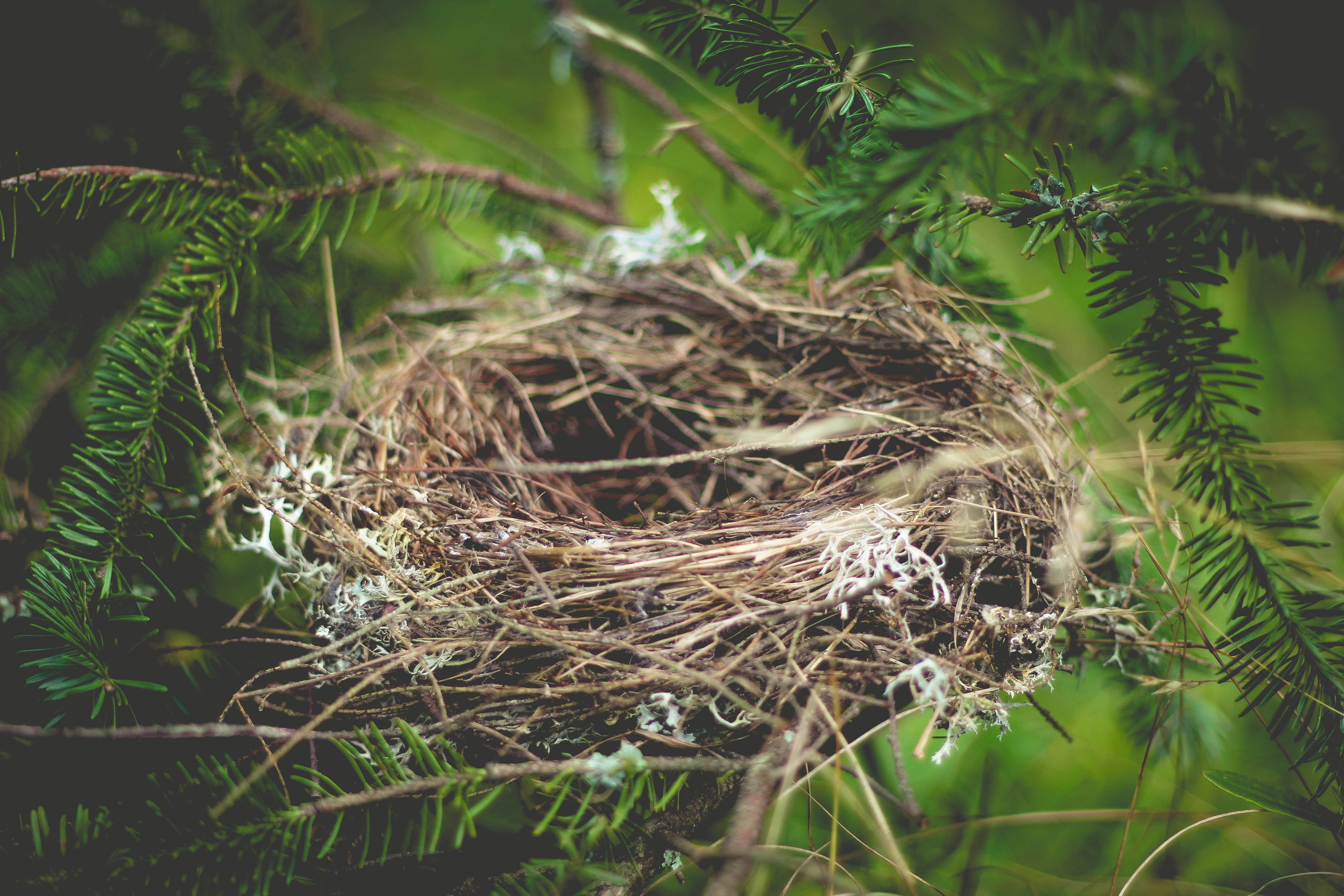My parents were in their early twenties when they got married and have now spent more than half of their lives with one another. They had me a couple of years into their marriage, and since then, their children became the centers of their orbits, so much so that they seem to forget themselves. Their lives and routines became all about who was driving Clara to daycare, who was taking Byron, my younger brother, to his first soccer practice, how “we can’t get a small car because their fishing gear won’t fit in the back when we take them out to the cabin” or “we can’t buy that kind of food because the kids only want chicken nuggets this week.”
The space in my mom’s calendar that isn’t occupied by her many hours of work is divided and taglined with labels that say “Clara’s this” or “Byron’s that.” Occasionally in the margins she’ll have a slot to herself to do some of the things she’s passionate about — Taiko drumming, watching Korean dramas until late at night — but more often than not, she’s too busy thinking about our plans and deadlines and appointments to stop to consider her own. Her Facebook page has more pictures of the two of us carrying out our activities at school or abroad than it does of herself. In fact, my Facebook page is comprised almost solely of photos that she has posted of me, even when she wasn’t there for the actual events she was posting about.
I participated in study abroad programs and scholarships since my sophomore year of high school, so when I left for college only a couple hours away from home, it wasn’t anything too shocking for my parents. They were anxious about getting me the right bedding (“TWIN XL, not TWIN!” my mom screamed at my dad when we came home from Target after dorm shopping) and making sure I had all the medications and toiletries and sweaters and blankets I needed. They were nervous about getting all my class schedules in order before the first day and fixing up my grandma’s 50-year-old bicycle that she had handed down to me so that it didn’t fall apart when I tried to ride it across campus.
But when my little brother left for college, it was an entirely different matter. Byron was a homebody. He hardly left the living room; he never got his driver’s license. He was popular in school, but most of his time spent hanging out with friends happened throughout the school day. When he decided to attend a university in the freezing temperatures of Minnesota rather than staying closer to home, we were all surprised.
My parents’ nerves about the move-in process and the overall transition from high school to university had for the most part been quelled after everything turned out okay in my first year. When it came to be my brother’s turn, they knew what to expect from the orientations and move-in days and info sessions and tours. However, in place of their anxiety and excitement from my first week of college, there now existed a deep sense of sadness as my brother prepared to leave home.
We dropped him off in Minnesota a few weeks before I had to leave for my quarter abroad. The house was ridden with so many heavy sighs and “I miss Byrons” on behalf of either parent that I nearly flew out to bring him back home just so they’d stop.
“This is a new chapter of our lives,” my father said. “The chapter where we become old and gray.”
“Or the part where you move to an island and learn to brew beer and play croquet and have the time of your lives,” I offered.
“I miss Byron,” he replied.
“He’s not dead, Dad.”
My brother and I had taken up all of my parents’ vision and energy for the past twenty years. To see us head out into the world only brought attention to the empty space we had left behind and the fact that they now had their own lives and passions and problems to occupy it. The fact of the matter is that my parents, and so many others, aren’t used to caring for themselves the way they cared for their children.
I called them earlier on in the quarter and asked how they were doing. My mother had gotten sick from missing the two of us and spent three days in bed. Even when she felt better, she spent a lot of time at home. “I don’t really know what to do with myself,” she explained. “I have so much more time.”
Gradually, however, they seem to have found their rhythm. My dad published his second and third books within two months of each other and is participating in various prestigious storytelling events across California. My mom is getting into shape by practicing Japanese dance and Taiko with local performers and catching up on all the Korean shows she had missed out on.
I am grateful every day for the love and support and space my parents have honored me with throughout my life. I am hopeful to see what comes of this next chapter of theirs.
Contact Clara Spars at cspars ‘at’ stanford.edu.
